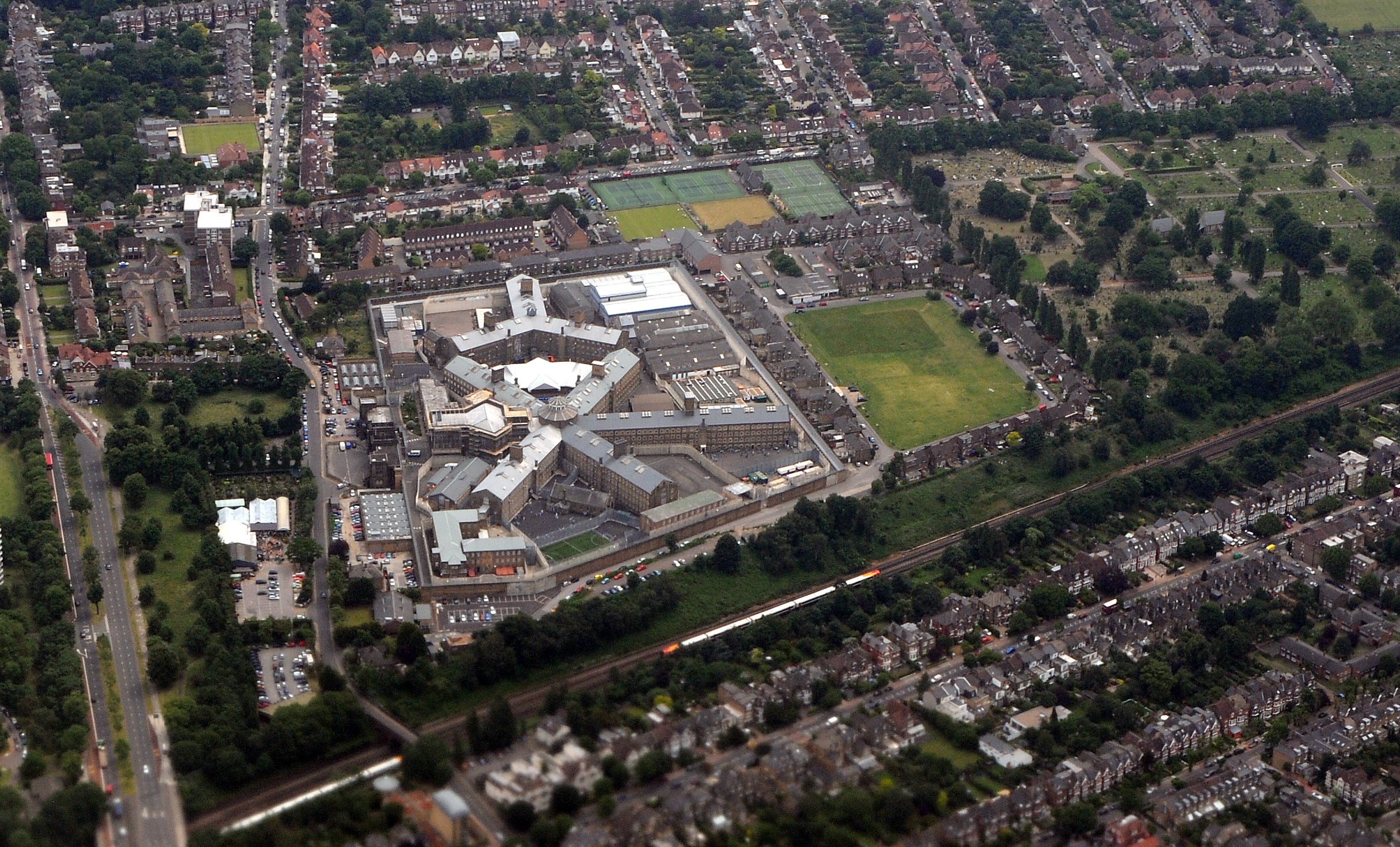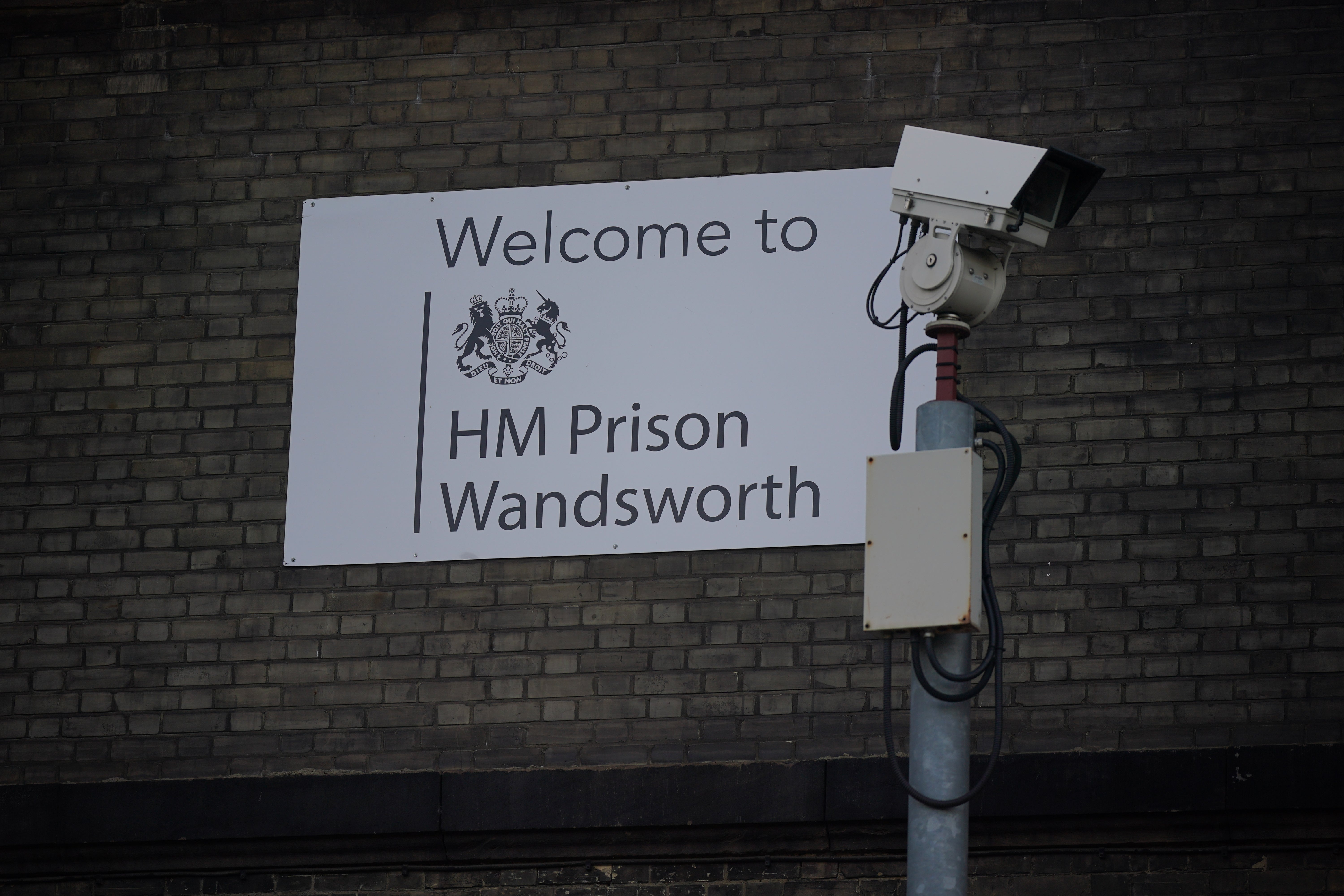Who is Daniel Abed Khalife? Royal Signals soldier and terror suspect on the run
Military computer engineer at large after escaping Wandsworth prison by clinging to food delivery van
A soldier turned terror suspect, Daniel Abed Khalife is now the subject of a nationwide manhunt after outwitting the guards at a London prison.
He escaped in a chef’s outfit by using straps to cling onto a food delivery van, with his current location unknown. Intelligence sources have told The Independent it is “almost certain” that he had “inside help”.
Follow The Independent’s live blog for the latest updates

With airports and ports installing additional security measures and holidaymakers reporting delays at border control, his escape has posed serious questions about the suitability of his incarceration at a Category B prison.
Prior to his arrest in January, the 21-year-old had formerly been a serving soldier in the British Army since 2018 and had worked as a computer network engineer with the Royal Corps of Signals.
With known links to Kingston in London, he was based at the Ministry of Defence’s Stafford military base while serving, which is also known as Beacon Barracks.
However, he was charged with terror offences and charges relating to the Official Secrets Act earlier this year, after he was accused of carrying out a bomb hoax at the RAF base.
According to court documents, he allegedly placed “three canisters with wires at RAF Stafford with the intention of inducing in another a belief that the said article was likely to explode or ignite and thereby cause personal injury or damage to property”, contrary to section 51 of the Criminal Law Act 1977.

He is also accused of eliciting or trying to elicit information that could be useful for a terrorist on 2 August 2021, and breaching the Official Secrets Act by gathering information that could be useful to an enemy between 1 May 2019 and 6 January 2022.
Khalif, a British citizen whose father is said to be Iranian, allegedly attempted to pass on the information to a foreign power, believed to be Iran, security sources told The Independent. They allege that he sought to “graduate” into spying with the material he had obtained from the MoD.
Khalife had initially been arrested in January 2022 on suspicion of a separate offence but was bailed before being re-arrested following an investigation by Scotland Yard’s counter-terrorism command.

During a court hearing earlier this year, a prosecutor told Westminster Magistrates Court that he had disappeared from the barracks after the alleged bomb hoax and there had been “active efforts to look for him”.
He was arrested a few weeks later “in or near his car” and has been remanded into custody ever since.
The former soldier has denied all charges against him and is due to face a six-week trial at Woolwich Crown Court on 13 November.
What is the Royal Corps of Signals?

Khalife was a computer network engineer with the Royal Corps of Signals, the British Army’s communications arm, of whom Princess Anne has been Colonel-in-Chief since 1977.
The Royal Signals have been deployed in every Army operation since the corps’ establishment in 1920, and are described by the Ministry of Defence as “leaders in IT, Cyber and Telecommunications, providing battle-winning communications to every part of the Army”.
Those in the Royal Signals “are trained to become experts in engineering and operating systems, networks and cyber equipment”, the Army website adds.
Regiments stationed at Beacon Barracks include the 1st Signal Regiment and 16th Signal Regiment, which deliver information and comms to the armoured brigades’ headquarters and the satellite link to communicate back to the UK, and the 22nd Signal Regiment, which serves Nato’s Allied Rapid Reaction Corps Headquarters.
Khalife served as part of the 22nd Signal Regiment, The Independent understands, and would have had access to state-of-the-art defence electrical equipment.
Why was he held in a Category B prison?

Questions have now arisen as to why Khalife was being held at HMP Wandsworth, given its grading as a Category B prison, the second highest level of security.
Those facing terror-related charges are often held in the Category A prison Belmarsh, which is located in south-east London.
Justice secretary Alex Chalk has held an urgent call with the prison governor and senior staff in the prison service to seek assurances about what is being done to ensure the jail is secure.
Commander Dominic Murphy, Head of the Met’s Counter Terrorism Command said: “We have a team of officers who are making extensive and urgent enquiries in order to locate and detain Khalife as quickly as possible.
“However, the public can help us as well and should anyone see Khalife, or have any information as to where he might be, then please call 999 immediately.
“I also want to reassure the public that we have no information which indicates, nor any reason to believe that Khalife poses a threat to the wider public, but our advice if you do see him is not to approach him and call 999 straight away.”





Bookmark popover
Removed from bookmarks